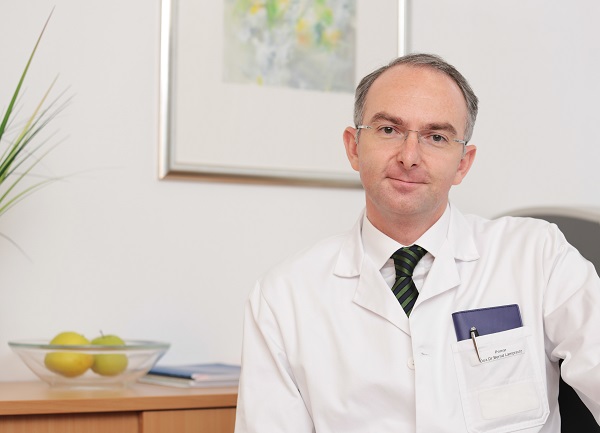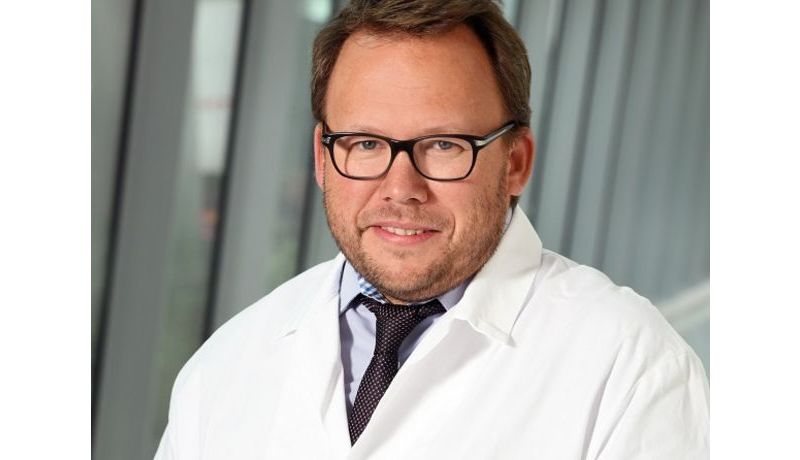An oral rinse study about the impact Covid testing at schools was conducted between March 1-18. 16 out of 7,523 students and teachers tested positive for SARS-CoV-2.

The Austrian Federal Ministry of Education, Science and Research has now commissioned two additional rounds of monitoring. This is the third round of the study conducted by medical universities in Graz and Innsbruck, the University of Vienna and the Faculty of Medicine at the Johannes Kepler University Linz.
Prof. David Bernhard, head of the Center for Medical Research at the JKU Faculty of Medicine remarked: “Austria is currently in the third wave of the pandemic. New mutating strains means the situation is getting worse but we are also experiencing some positive and encouraging developments. As part of the third round of oral rinse studies conducted at Austrian schools, we can verify that the easier nasal swab tests are playing a big part in the fight against the pandemic.”
As part of the procedure to monitor for SARS-CoV-2 at schools, oral rinse PCR tests have been conducted repeatedly since last fall at the same 5% of elementary schools, middle schools, and AHS lower schools. During the first study (from the end of September to the end of October 2020), 0.39% were undetected positives; in November, the number was 1.5%. According to study initiator Michael Wagner (Medical University of Vienna), the fact that so few infected individuals remained undetected at schools at the last count of 0.21% was due to the anterior nasal antigen tests, a prerequisite in order to be physically present in the classroom.
Prof. Bernhard added "Although these nasal swab tests do not have a particularly high rate of accuracy, they can still aid in identifying highly infectious individuals and in turn, help contain the spread of the virus. This has not only helped schools to remain open, but has also helped in the fight against the pandemic."
These recent findings demonstrate once again that the Oral Rinse Study is not only a very valuable tool to monitor the spread of SARS-CoV-2, but also an excellent way to assess the test systems’ quality. Together with vaccination, improved testing and efficient use of these tests will be key to conquering the pandemic.
Study initiator Michael Wagner remarked: "The virus is evolving and this means we have to evolve as well." For example, if a student in a particular class tests positive, all of the students in that class should be tested twice using an oral rinse PCR test.
Bernd Lamprecht, head of the Department of Pulmonary Medicine at the Kepler University Hospital and Deputy Dean of Academic Affairs at the JKU Faculty of Medicine reprised: "The study about school monitoring has given us a more precise picture of the current rate of infection at schools, making an important contribution to ensuring that under the circumstances, classrooms are as safe as they can possibly be."









